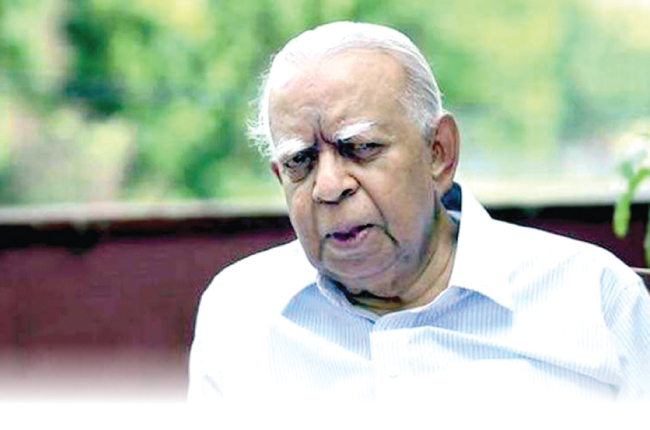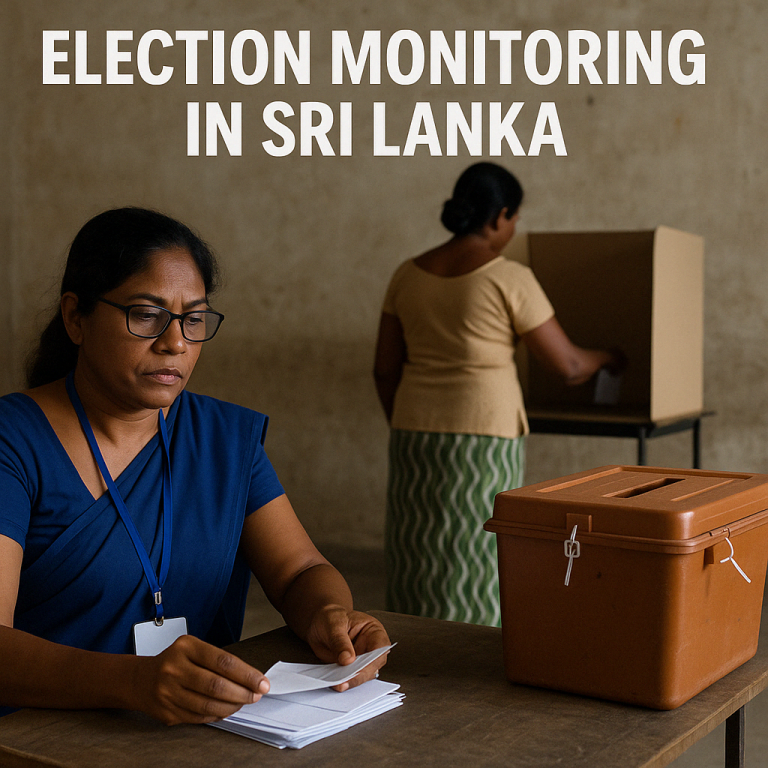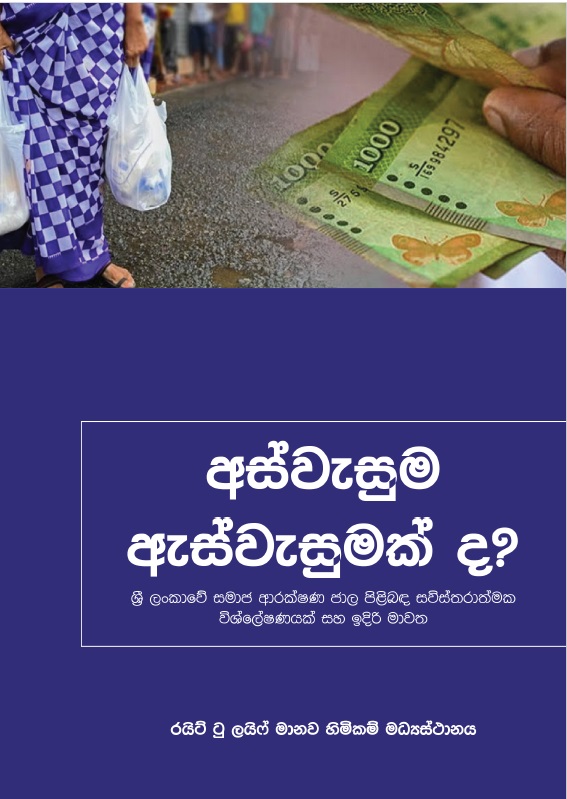In the annals of Sri Lankan politics, the name R. Sampanthan stands out as a beacon of Tamil nationalism and a paragon of moderate political discourse. This story traces the life of this remarkable leader, from his early days through his parliamentary career, and highlights his steadfast commitment to finding a political settlement amidst one of the most turbulent periods in Sri Lankan history.
Early Life and Background
Rajavarothiam Sampanthan was born on February 5, 1933, in Trincomalee. Coming from a respected family, Sampanthan received a solid education, attending St. Patrick’s College in Jaffna and later the Ceylon Law College, where he trained as a lawyer.
Advent in Politics
Sampanthan’s political journey began in the 1950s when Sri Lanka (then Ceylon) grappled with its post-independence identity. The country was marked by increasing ethnic tensions between the Sinhalese majority and Tamil minority. Driven by a desire to advocate for Tamil rights, Sampanthan joined the Illankai Tamil Arasu Kachchi (ITAK), also known as the Federal Party, which was spearheading the Tamil nationalist movement.
Role in Tamil Nationalism
As a key figure in ITAK, Sampanthan played a crucial role in articulating the grievances and aspirations of the Tamil people. He was a staunch advocate for federalism to ensure greater autonomy for the Tamil-majority Northern and Eastern provinces. His eloquence and legal acumen made him a respected voice in the Tamil nationalist discourse.
During the 1970s and 1980s, the political landscape in Sri Lanka grew increasingly fraught, with the rise of the Liberation Tigers of Tamil Eelam (LTTE) and the outbreak of civil war. Sampanthan, however, remained committed to a political solution, consistently advocating for dialogue and negotiation.
Dealing with the LTTE
The emergence of the LTTE posed significant challenges for Tamil politicians like Sampanthan. While the LTTE’s militant approach garnered substantial support among segments of the Tamil population, it also led to widespread violence and international condemnation. Sampanthan navigated this period with a delicate balance, maintaining his commitment to Tamil rights while condemning the excesses of the LTTE.
He recognized the LTTE’s role in bringing international attention to the Tamil cause but also understood the necessity of a political settlement within a united Sri Lanka. This moderate stance often put him at odds with both the Sri Lankan government and the LTTE, but it underscored his dedication to peace and democracy.
Parliamentary Career
Sampanthan’s parliamentary career began in earnest in 1977 when he was elected as the Member of Parliament for Trincomalee. Over the decades, he became one of the most senior and respected Tamil politicians in Sri Lanka. He was a founding member of the Tamil National Alliance (TNA), a coalition formed in 2001 to represent Tamil interests in the political arena.
As the leader of the TNA, Sampanthan played a pivotal role in the peace process, particularly during the ceasefire agreement between the Sri Lankan government and the LTTE in 2002. He worked tirelessly to ensure that the Tamil voice was heard in peace negotiations, advocating for a federal solution and the protection of human rights.
Moderate Stand and Commitment to a Political Settlement
Throughout his career, Sampanthan was known for his moderate stance and unwavering commitment to a political settlement. He believed in the power of dialogue and constitutional reform to address the legitimate aspirations of the Tamil people. His vision was of a united Sri Lanka where all communities could coexist peacefully with equal rights and opportunities.
Sampanthan’s moderation was evident in his approach to the post-war period following the defeat of the LTTE in 2009. While many Tamil leaders called for international intervention and a separate state, Sampanthan continued to push for a negotiated settlement within a united Sri Lanka. His leadership was instrumental in the TNA’s participation in the democratic process, including the 2015 general elections where the TNA emerged as the third-largest party in Parliament. He also became the Opposition Leader.
Conclusion
R. Sampanthan’s legacy is one of perseverance, moderation, and a steadfast commitment to justice. His life’s work reflects a deep dedication to the Tamil cause and the belief that lasting peace in Sri Lanka can only be achieved through dialogue and political reform. As a leader, he navigated one of the most challenging periods in Sri Lanka’s history with dignity and resolve, leaving behind a legacy that continues to inspire those who strive for a more just and equitable society.







